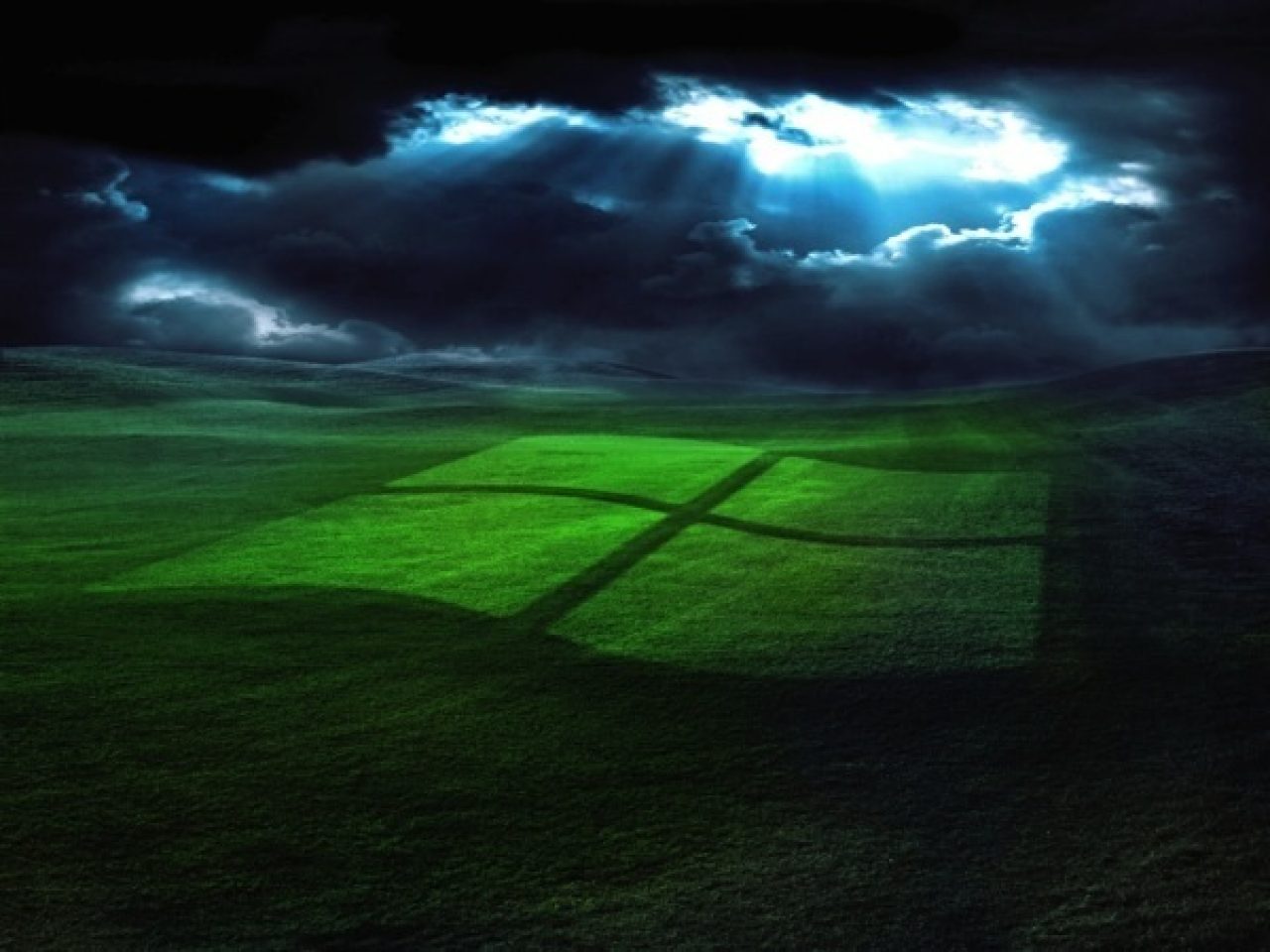Windows XP, you will be missed!
It’s true, all good things must come to an end: dominant football dynasties, great television shows, and even computer software. In just a few short months Microsoft will close the curtain on Windows XP.
It’s true, all good things must come to an end: dominant football dynasties, great television shows, and even computer software. In just a few short months Microsoft will close the curtain on Windows XP, an operating system still revered and loved by PC users everywhere. If asked to switch, some might go as far as to say, “Only when you pry the mouse from my cold, dead hand.”
A clear customer favorite, XP sailed as Microsoft’s flagship operating system for more than five years—longer than any other version—until it was succeeded by Windows Vista in early 2007. In fact, nearly half the people using a PC today are still using Windows XP.
There are a number of great features we love about the XP operating system. Some of the things we love best include:
- XP works on older computers that may not have all the power and speed of the latest models.
- XP is comfortable and intuitive to use. It has the look and feel we’ve come to expect—and enjoy—from Windows.
- XP is stable and reliable. It’s a workhorse that has gotten better with age.
To be clear, Microsoft’s decision won’t do anything as dramatic as rendering your machine unusable. What it does mean is that Microsoft will no longer support the software. If you're running XP at the moment and everything is working fine, you probably don't feel any urgent need to upgrade, and that’s fine; technically, you can still run your Windows XP-enabled machine just fine without support.
However, if something were to go wrong, you’d basically be up a creek without a paddle. You need to be especially aware that there could be danger going online without official Microsoft support. Because Windows XP is one of the most popular operating systems in the world, it’s a huge target for hackers. If you want your computer to be able to able to use the latest software and be easily serviced, it's probably a good idea to update your system.
The “death date”—the day Microsoft will halt support for Windows XP—is April 8, 2014. Morbid, yes, but appropriate, as the massive company will basically be pulling the plug on one of its most popular products to date.
When it comes to upgrading, you have options. Microsoft will provide security support for Windows 7 and 8 for years to come; Windows 7 will be supported up to 2020, and Microsoft is encouraging users to switch to Windows 8. Both Windows 7 and 8 are solid—if different—operating systems. Windows 7 has the classic Windows OS layout, while Windows 8 has gone through a makeover with a new mobile-friendly “metro” interface.
Keep in mind that Microsoft recommends your machine meet certain hardware criteria when you upgrade. If you want to run Windows 7 or 8 on your PC, here's what it takes:
- 1 gigahertz (GHz) or faster 32-bit (x86) or 64 bit (x64) processor
- 1 gigabyte (GB) RAM (32-bit) or 2 GB RAM (64-bit)
- 16 GB available hard disk space (32-bit) or 20 GB (64-bit)
- DirectX 9 graphics device with WDDM 1.0 or higher driver
If you have questions about what your computer is capable of and how to make sure Windows is running right for you, don’t hesitate to ask one of our great Bask customer service representatives today.

 Member Connect
Member Connect